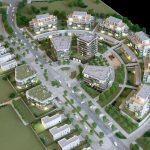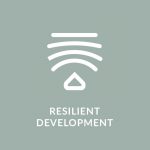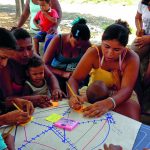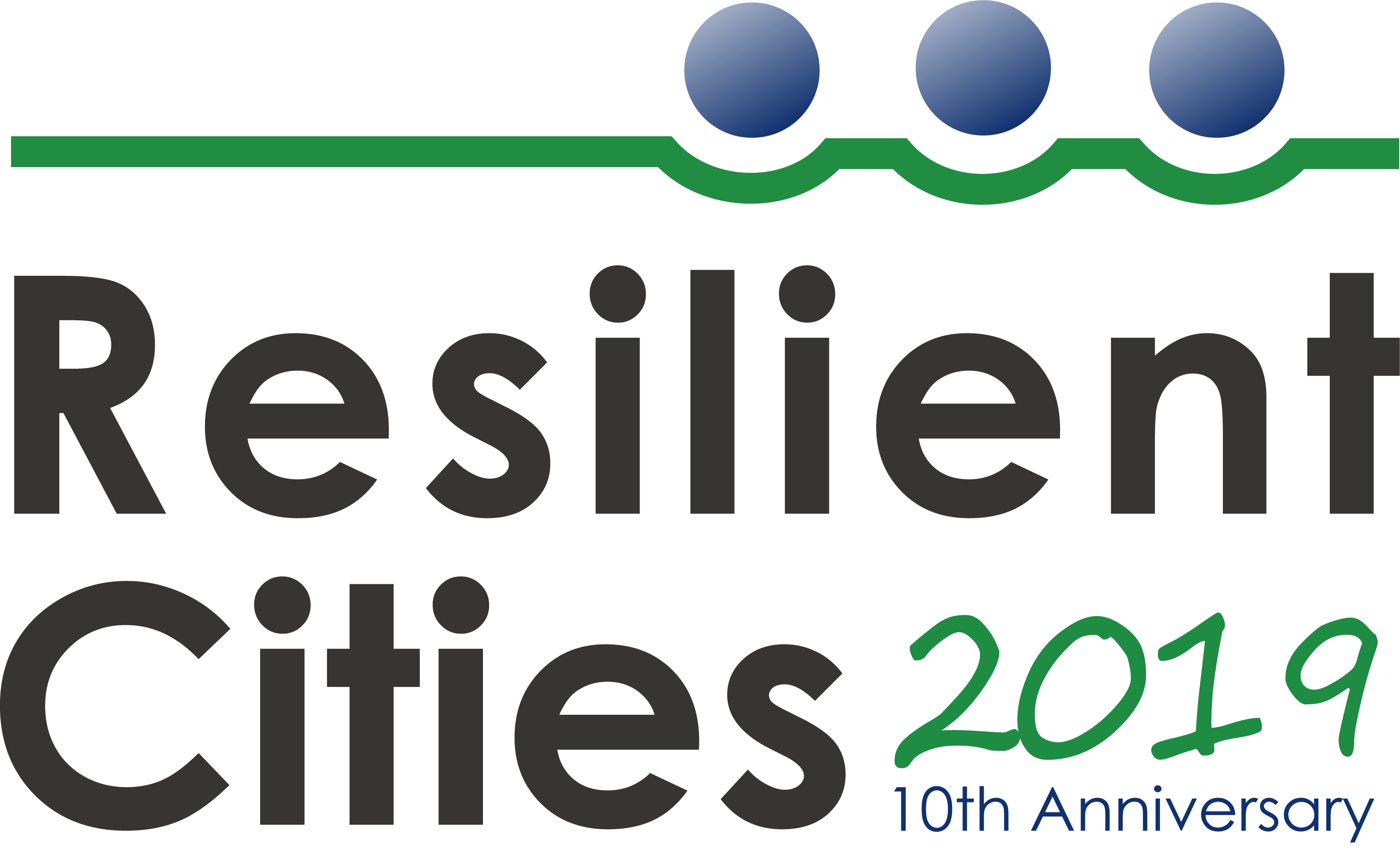Resilience Planning
Resilience planning is a holistic approach that takes into consideration future economic, social and environmental developments, including climate change. It should not be regarded as a temporary response to external shocks, but a long-term strategy for local governments to improve their sustainability profile – and make sure those achievements last in the face of future adversities.

Tracking the progress of urban resilience (Session A1)
In the past years, cities and municipalities implemented strategic plans towards resilience building. Despite the progress that has been made recently, monitoring, reporting and evaluating the climate change adaptation represents an issue in the urban context. How do we measure success? And how do we enable local governments to measure their disaster and climate resilience?

Urban resilience methodology (Session H3)
ICLEI is developing a step-by-step guide for city resilience planning, based on its experience of climate and disaster planning, and also on some new methodologies pioneered by groups such as UN Habitat, Arup and 100 Resilient Cities. The Guide aims to be adaptable to the full range of cities – to their local context, capacity and previous history of resilience planning.

Multi-stakeholder collaboration and community engagement (Session B5)
Community engagement and improved social participation are essential to build local resilience and reducing risk by providing bonding, bridging, and linking practices that enhance appropriation of neighborhoods and ecosystems. Organized and knowledgeable communities can better cope with disasters, learn from previous experiences, adapt to new environments and ultimately become more resilient.

Innovative and Inclusive Urban Landscapes (Session A3)
By learning diverse examples of urban landscape transformations in USA, EU, and Asia, and engaging with the panelists in a reflection about how their first-hand experiences speak to the process of design thinking, this session proposes participants to gain insights on collaborative, design-driven problem solving as a means of finding solutions for complex urban/environmental challenges and building more resilient cities.
